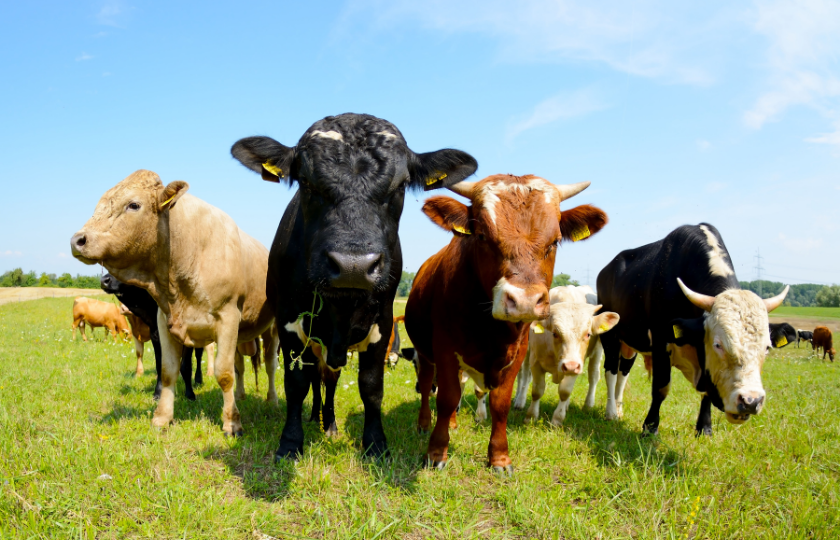More than 8.3 billion tonnes of plastic has been produced since the early 1950s. Nearly 60 per cent of that has ended up in either a landfill or the natural environment, reports United Nations Environment Program (UNEP), and that discarded plastic take almost 1000 years to decompose.
Livestock excrement, on the other hand, is another ecological problem that emits around 400 different harmful gases into the atmosphere. Some of these gases include ammonia, nitrous oxide, endotoxins, and hydrogen sulphide.
In hopes to combat plastic waste while repurposing poop, researchers from South Korea have successfully produced bioplastic from radiated livestock excrement.
Compared to using traditional plastic, bioplastic offers many advantages such as reduced use of fossil fuels, smaller carbon footprint, and faster decomposition. In addition, biodegradable plastic is found to be less toxic and does not contain BPA (bisphenol A).
However, the process of making biodegradable plastic also has its limitations. Chemical additives are used to ensure the cohesion of materials, resulting in environmental pollution.
The Korea Atomic Energy Research Institute (KAERI) has succeeded in improving the cohesion of materials by adding livestock manure powder into biomass plastic and exposing it to radiation. The resulting product can be completely disintegrated by microorganisms, while having the strength and elasticity 30 per cent higher than existing biomass plastics.
“As the first research institute of science and technology in Korea and one of the world’s best centres of nuclear research, Kaeri is building a safe society centred on people and the environment,” said the institute on its website.
“It will continue to expand into new fields, improving quality of life while attaining higher standards in safety and reliability.”
The research institute says it has sold the technology to a local eco-friendly plastic maker for US$25,630 and a royalty of 2.5 per cent of sales.




4 comments